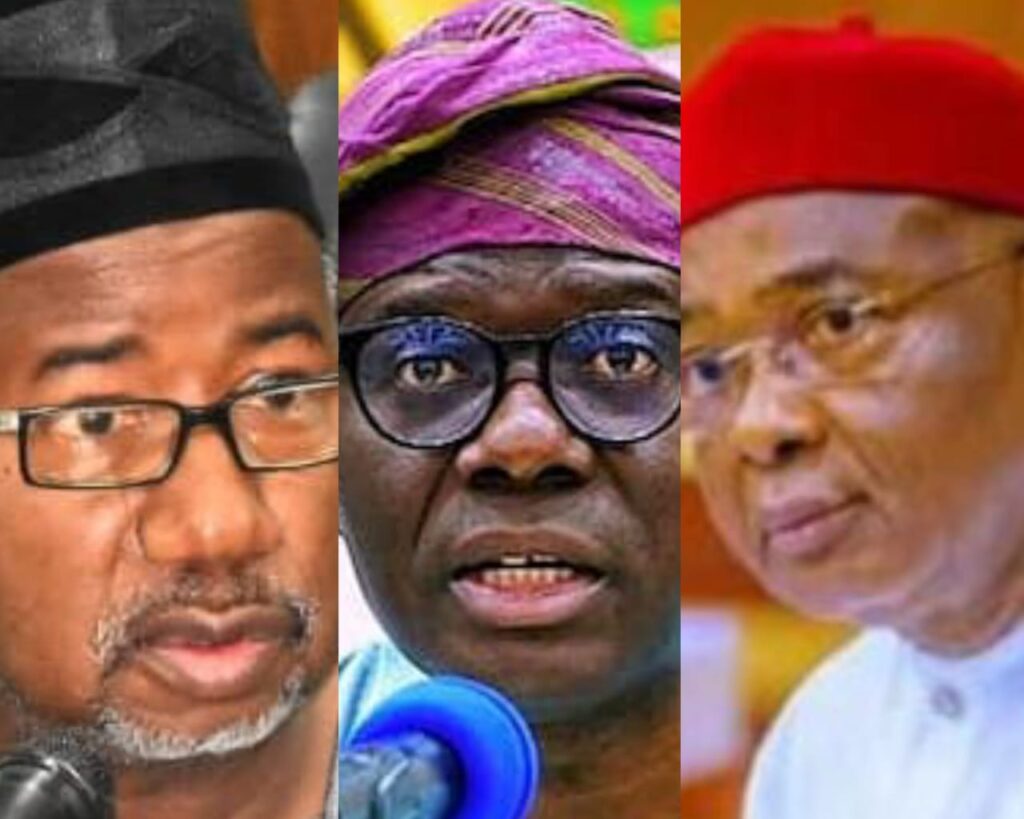- Safiu Kehinde
Lagos, Bauchi, Imo, and Nasarawa states have been listed among the lowest ranking Nigerian states open to freedom of expression.
This was contained in the 2024 Openness Index released by the Centre for Journalism Innovation and Development (CJID).
According to the report, Cross River state ranked highest as the most open in freedom of expression in Nigeria.
In his address at a capacity building and stakeholders’ engagement on the Index on Thursday in Abuja, CJID Chief Executive Officer, Mr Dapo Olorunyomi, said that health of democracy was measured not only by institutions.
Olorunyomi, represented by the Deputy Director, CJID, Ms Busola Ajibola, said it was also measured by the ability of citizens to speak, organise and dissent without fear.
According to report, the Index, first launched in July, is Nigeria’s first systematic attempt to measure openness across the 36 states and the Federal Capital Territory (FCT).
It evaluates conditions that enable civic expression, media freedom and citizen participation, drawing from the experiences of more than 1,100 respondents as well as verified incident tracking.
The CJID official said that democratic progress in Nigeria had too often been assessed only at the national level, overlooking how power and civic freedom were exercised in the states.
“The country’s federal structure means realities of press freedom, civic participation and open expression differ across states, a gap the Index was designed to address.
“According to the findings, Cross River ranked highest for tolerance of dissent, proactive disclosure of information and provision of a relatively safe environment for journalists and civic actors.
“Katsina and Ekiti also featured among the top performing states. Imo, Bauchi, Nasarawa and Ebonyi were listed among the lowest performing states.
“Lagos, despite being Nigeria’s commercial and media hub, recorded incidents of harassment, detention and killings of journalists,” he said.
Olorunyomi, however, explained that the CJID Openness Index was the first comprehensive attempt to systemically assess openness across Nigeria.
According to him, by combining the live experiences of citizens with verified incident tracking, it offers a data-driven picture of where openness thrives and where it is under threat.
“What we find is both sobering and hopeful,” Olorunyomi said.
The CJID CEO added that openness was not guaranteed but could be expanded through deliberate action, while neglect could quickly erode rights and civic freedoms.
He also added that the Index served as a call to action, offering policymakers, journalists, civil society and citizens a comparative view of their states and areas requiring reform.
Olorunyomi, however, noted that by setting benchmarks, the Index provided a framework for accountability and reform.
He said that it was deliberately framed to cover the enabling environment of laws, safety, access, and institutional conditions that allow every voice to matter.
Olorunyomi said that the Index reflected CJID’s vision of a future where civic space was protected, press freedom was institutionalised, and citizens could fully participate in democratic life.
He disclosed that while the current version was designed for public engagement, a more detailed technical report would be released later in the year.
This, he said, would be with expanded methodology, deeper analysis and comparative framing for wider African application.
Olorunyomi urged policymakers, journalists, Civil Society Organisations (CSOs), and citizens to use the Index as a benchmark for accountability and reform.
Stakeholders at the engagement welcomed the Index as a tool to strengthen civic space, protect press freedom and safeguard citizens’ rights.
The Index highlights the uneven terrain of civic freedom across Nigeria’s states and provides a comparative picture of where openness thrives and where it is under threat.


